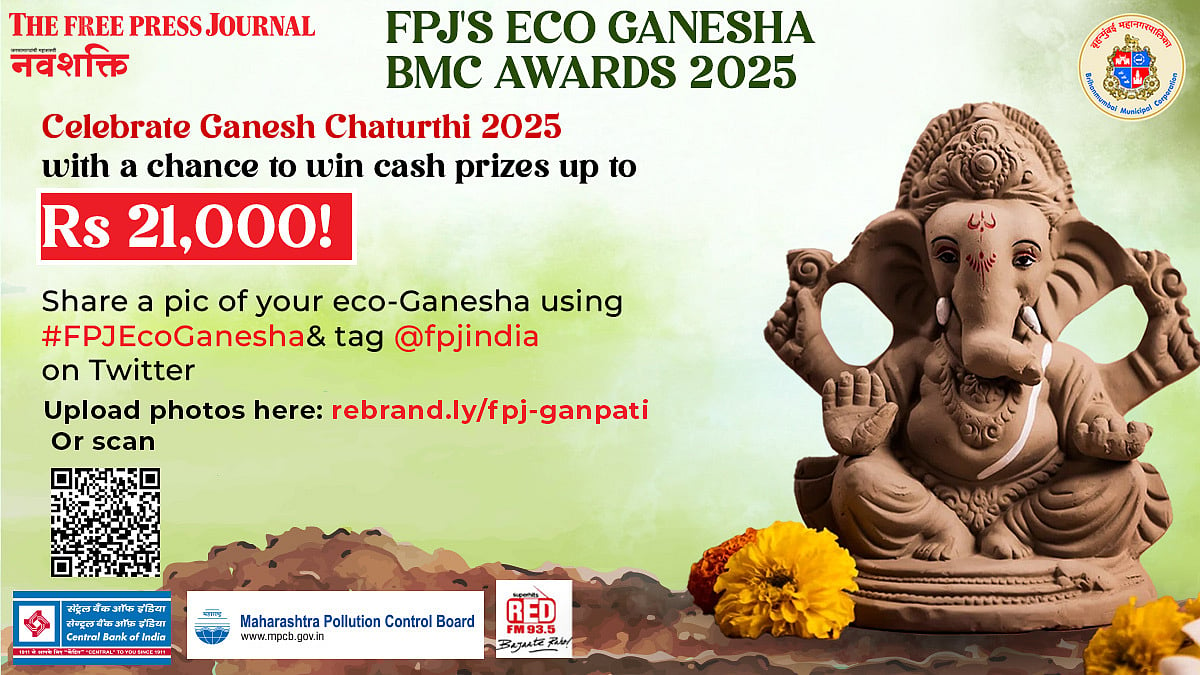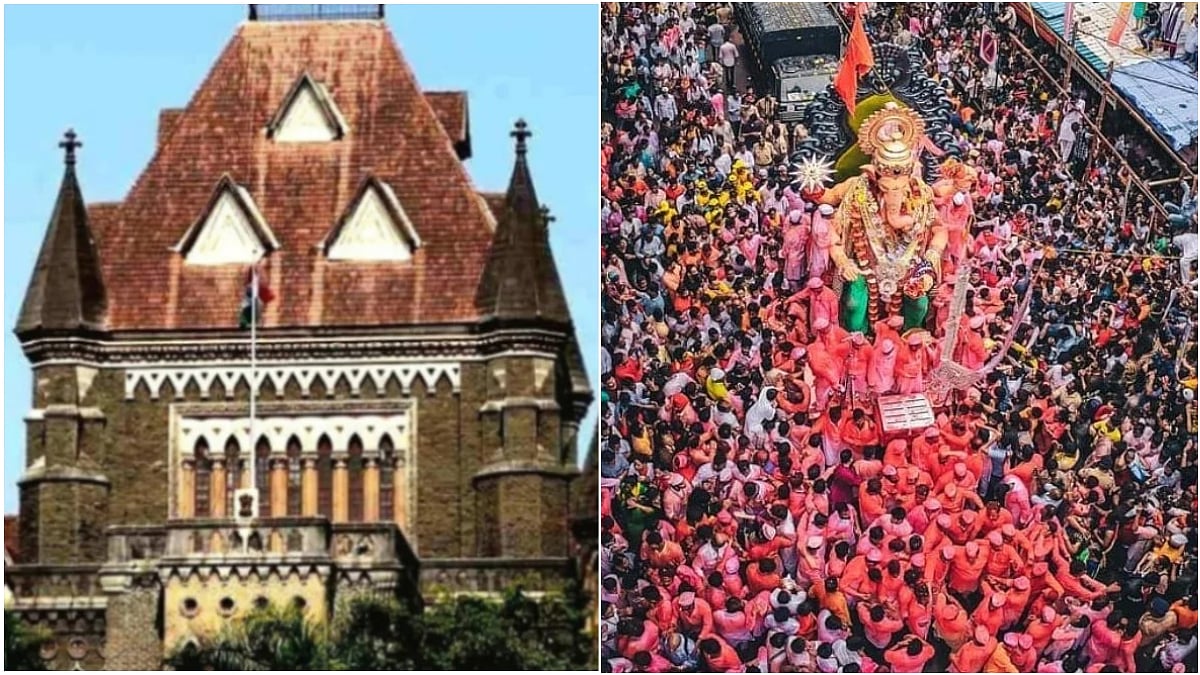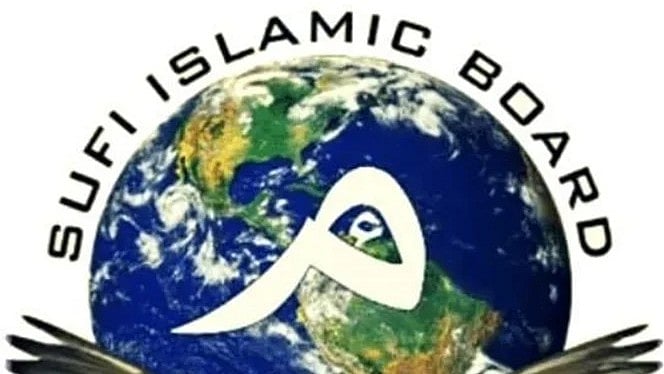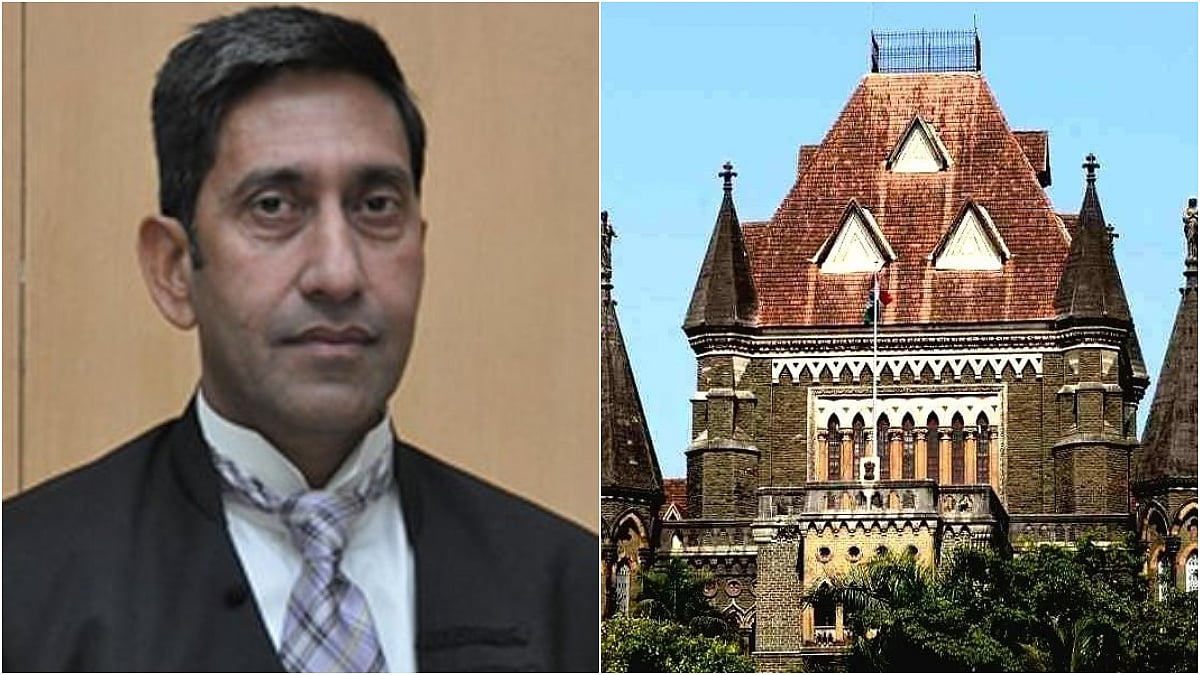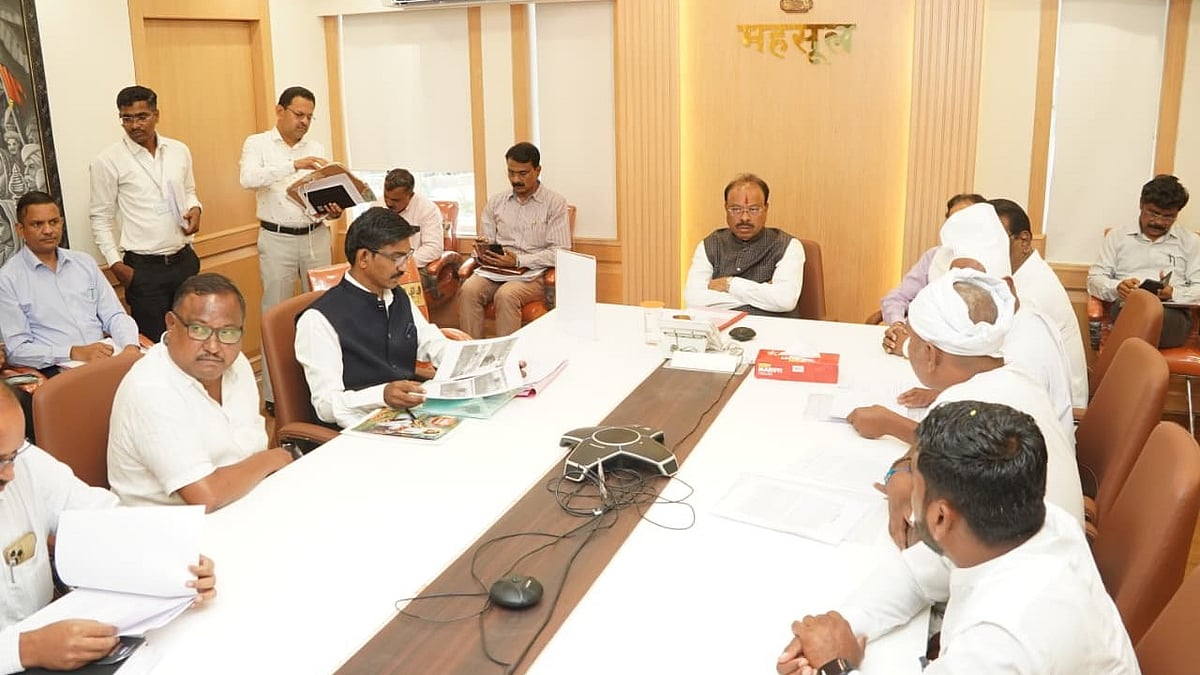Mumbai: The Bombay High Court on Thursday refused to permit immersion of eco-friendly Ganpati idols, less than six feet, in historic Banganga talao in Malabar Hill ruling that individual rights cannot override community rights. The court observed that the right to clean air and water has attained the status of a fundamental right of every citizen.
Petition Challenging BMC & MPCB Guidelines Dismissed
A bench of Chief Justice Shree Chandrashekhar and Justice Aarti Sathe dismissed a petition by Malabar Hill resident Sanjay Shirke seeking permission to immerse eco-friendly Ganpati idols in Banganga talao.
He challenged the Standard Operation Procedure (SOP) by the Brihanmumbai Municipal Corporation (BMC) and communication by Maharashtra Pollution Control Board (MPCB) restraining immersion of eco-friendly idols in Banganga. The talao, a heritage structure, is a protected monument under the Ancient Monuments and Archaeological Sites and Remains Act, 1958.
HC Supports MPCB Decision, Cites Public Interest
Upholding the MPCB decision, the HC said: “We find that the guidelines dated 26th August 2025 are bona fide and in the interest of the general public.”
Petitioner Argues Longstanding Practice & Environmental Balance
Shirke argued that eco-friendly idol immersion had been permitted for over two decades at Banganga talao and the ban was imposed suddenly on August 27, a day before the festival began. His lawyers said the MPCB was now suggesting that even eco-friendly idols could harm water bodies, though there had been no such restriction earlier.
CPCB & State Guidelines on Idol Immersion Cited
The Central Pollution Control Board (CPCB) guidelines of 2020 completely banned Plaster of Paris (PoP) idol immersion in natural water bodies. Maharashtra subsequently mandated that idols under five feet be immersed in artificial tanks, while taller idols could go into natural water bodies. On July 24 this year, while hearing a PIL by activist Rohit Joshi, the HC revised the permissible height to six feet.
Shirke contended that CPCB guidelines were recommendatory, not mandatory, and urged that immersion of smaller eco-friendly idols in natural water bodies be permitted this year.
“Let there be an expert committee’s report on whether eco-friendly idols will also cause harm to water. A balance will have to be struck between environment and religious sentiments,” he submitted, clarifying that restrictions on PoP idols should be strictly enforced.
State Advocate General Birendra Saraf and government pleader Jyoti Chavan argued that Shirke had no fundamental right to immerse idols in Banganga, stressing it was a protected monument.
“If the archaeological department thinks that the area is being beautified then the local body is justified in imposing a ban. There is an artificial pond right next to that area. They can go to Chowpatty beach also,” he said.
Court Rejects Individual Right Claim Against Community Rights
Rejecting Shirke’s challenge, the bench held: “(This argument) cannot be accepted as the right to clean air and water have attained the fundamental right of every citizen. It is too well settled that when a court is faced with an issue regarding enforcement of individual rights against the fundamental rights of citizens and rights of community; hardship to individuals cannot override the larger issues involved.”
Also Watch:
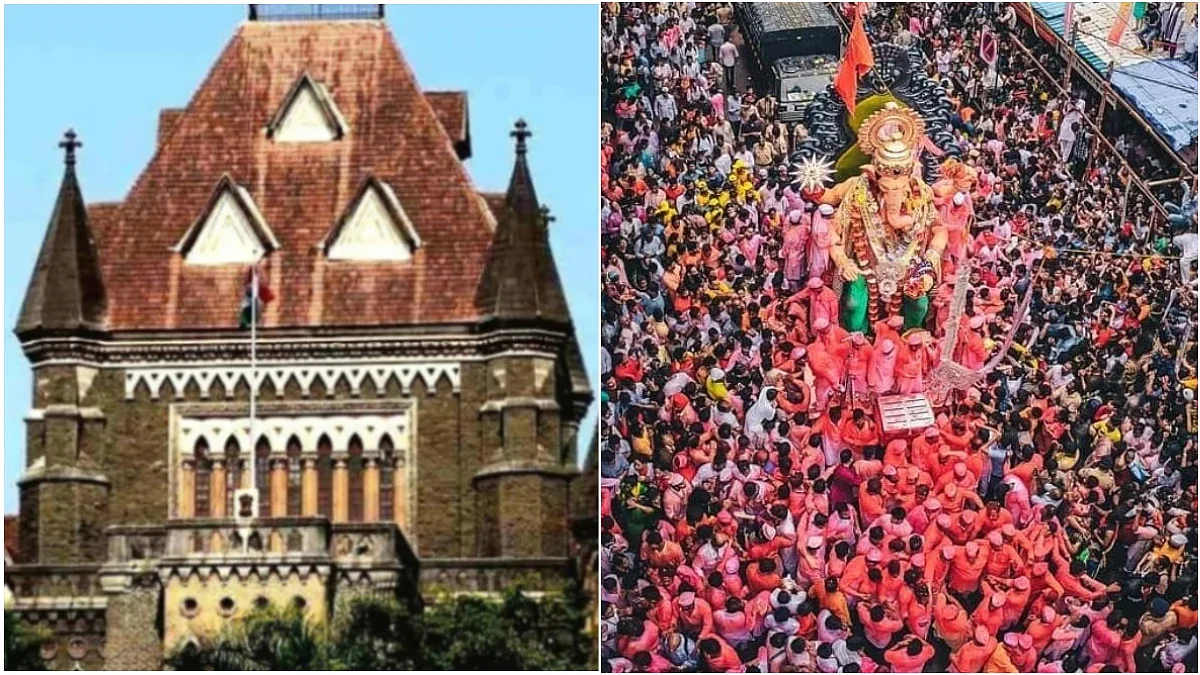
On Shirke’s contention that the MPCB had not given reasons for the ban, the court said: “It is not the statutory duty of any statutory authority performing functions under the statute to give a reason for any guideline issued for immersion of the eco-friendly idols.”
